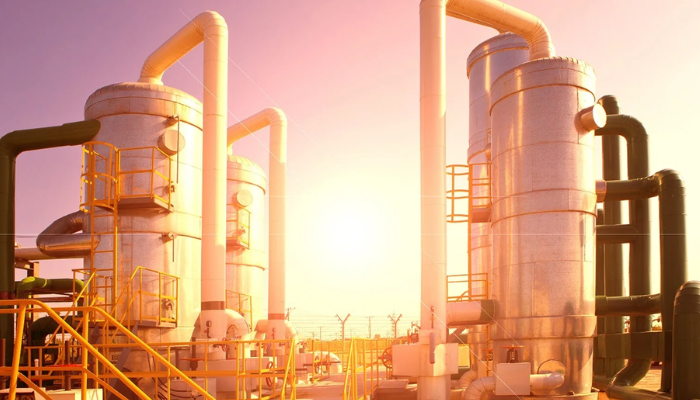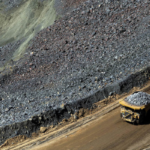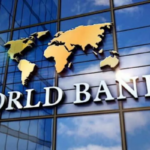The African Energy Week: Invest in African Energy conference, scheduled for 29 September – 03 October 2025 in Cape Town, will highlight opportunities in Africa’s energy sector, with a focus on Mozambique’s gas industry. The conference aims to attract investors and policymakers to discuss the continent’s energy development.
Mozambique’s role in Africa’s energy future
Mozambique is emerging as a significant player in natural gas production. According to NJ Ayuk, Executive Chairman of the African Energy Chamber, the country is central to Africa’s efforts to expand electricity access and clean cooking solutions. Speaking at the Invest in African Energy: Mozambique Roundtable, Ayuk highlighted key projects, market trends, and policies that are shaping Mozambique’s energy sector.
“No other country in Sub-Saharan Africa has as much untapped and unexplored gas as Mozambique. We are encouraging the government, the IOCs and investors to ensure every drop of hydrocarbons is produced to drive agricultural growth, strengthen energy security and enhance socio-economic development,” Ayuk said.
Read also: Mahama, Okonjo-Iweala, Oramah discuss Africa’s $402 bn financing gap at AU summit
Major investments in Mozambique’s gas sector
Global energy companies are investing in Mozambique’s gas sector. ExxonMobil has committed $25 billion to the Rovuma LNG project. Eni is expanding its Coral Sul project with the Coral North initiative. TotalEnergies is working on the multi-billion-dollar Mozambique LNG project. These investments are expected to increase Mozambique’s gas production capacity and strengthen its position as a global energy hub.
“These developments, coupled with gas-to-power and petrochemical projects, signal Mozambique’s readiness to attract new investors and further integrate into the global energy market,” Ayuk stated.
Gas as a reliable energy source
While renewables contribute to energy diversification, Ayuk pointed out the limitations of wind and solar energy due to their intermittent nature. He stated that natural gas provides a reliable source of baseload power. Mozambique’s gas reserves can support industrialisation and energy security, addressing power shortages in the region.
Read also: Africa CDC allocates $1.6m to nine NPHIs as centres of excellence
Boosting agriculture and food security
Mozambique’s gas sector is also expected to play a role in food security. Ayuk noted that the country has the capacity to produce urea and ammonia from its gas reserves. These products are essential for fertiliser production, reducing Africa’s reliance on external markets such as Ukraine.
Empowering local communities
Ayuk stressed the importance of ensuring that Mozambique’s gas industry benefits local communities, including women and young people. He stated that the energy sector should not only generate revenue but also create opportunities for local participation in the industry.
Read also: Uganda’s $1.14 billion coffee industry, opposition calls for funding halt
Local content development
Mozambique is making efforts to ensure its gas resources are used domestically. Ayuk praised the government’s commitment to gas-to-power projects and its inclusion of small and medium-sized enterprises (SMEs) in the energy value chain.
Regulatory reforms to unlock potential
To maximise Mozambique’s gas potential, Ayuk called for regulatory reforms. He urged the government to streamline regulations, remove bureaucratic hurdles, and introduce new licensing rounds. He emphasised the need for collaboration between Mozambique and other African nations to attract investment and position the continent as a competitive player in the global energy market.
Mozambique’s gas industry is expected to play a crucial role in Africa’s energy transition, economic growth, and industrial development. With ongoing investments and policy reforms, the country is positioning itself as a key energy hub on the continent.










